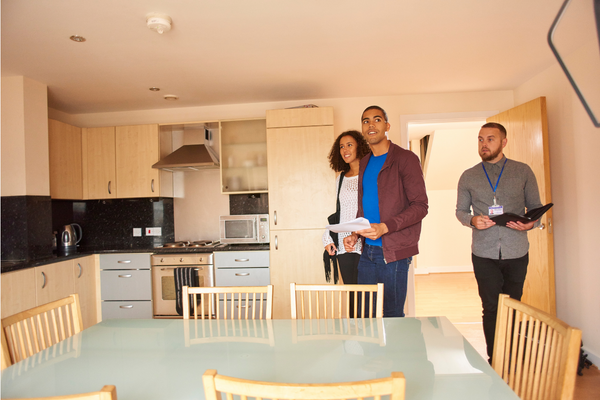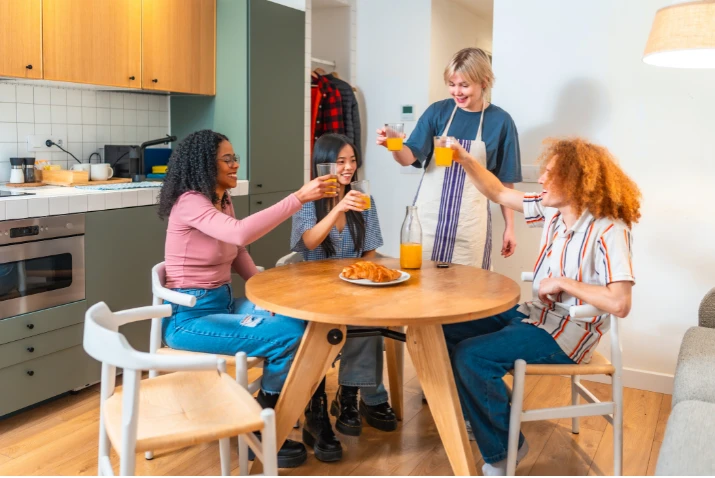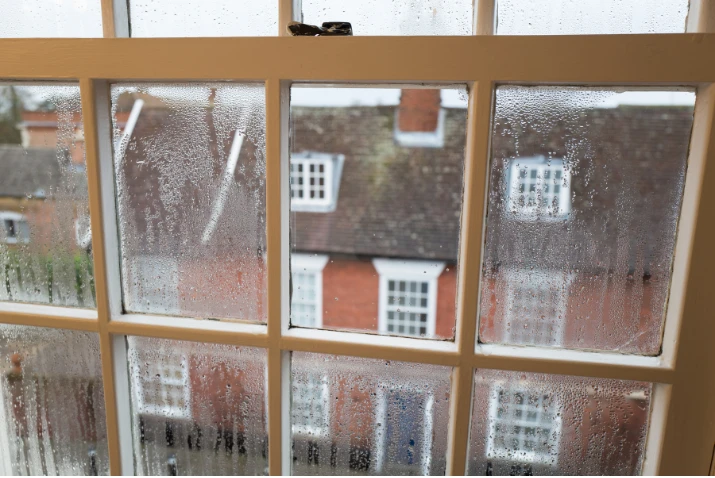Whenever it’s reported that average property prices have risen, there’s some comment about affordability - usually that first-time buyers are being priced out of the market and many people can’t afford to trade up.
Given the double-digit average price rises that have been reported across the UK since the pandemic began, many people – both inside and outside the property industry – have expressed concern about affordability.

What’s happening in the property market today?
In a recent press release, Halifax reported that between Q1 2020 and Q1 2022, average house prices rose by 16.8%, while earnings only increased by 2.7%. At the start of 2020, the average UK house price was 6.2 times average earnings; two years later, that ratio stands at 7.1. However, in spite of this shift in affordability, transaction levels show that demand has remained strong across the board, with first-time buyer numbers, in particular, hitting a record high of 409,370 in 2021.
Averages don’t mean a great deal in the property market
Averages, particularly UK-wide averages, simply don’t mean a great deal in the property market. Every village, town and city has its own micro-market and, even within those, there can be huge price differences – not only between different property sizes, but also between types/styles and from one road to another.
For instance, at the start of this year, the average property price in Manchester was £210,647, according to the Land Registry. However, two-bed terraces started at an asking price of £84,995, which is a whopping 60% below the average, and went all the way up to £595,000 – 182% over the average.
And in Bournemouth, Christchurch and Poole, where the average price in January was £327,800, a two-bed terrace was listed for around half that, at just £175,000.
The other thing to bear in mind about average prices is that if a lot of people are upsizing and demand is outstripping supply – as was the case in many areas during the pandemic – the fact that most transactions are at the higher end of the market has meant the average price growth figure has been artificially boosted.
Analysis by Zoopla showed that in the year to October 2021, although the overall average price growth was 6.9%, there was a significant difference between flats and houses. Houses increased in value by 8.3%, more than double the five-year average, while flats went up by just 1.6%, only slightly above the ‘normal’ growth rate of 1.2%.
So, while affordability might have tightened for many home movers, first-time buyers certainly weren’t being stretched. Further evidence from Halifax’s First Time Buyer Review 2021, suggests that far from seeing double digit rises, FTBs spent an average of 3% more on properties versus 2020.

How have buyers continued to afford property?
Halifax suggests several reasons why buyers have managed to continue to make the numbers work for them:
- People applying for joint mortgages can draw on two salaries
- Existing homeowners are likely to have seen an increase in the value of their current home, which gives them more equity to put down on the next one
- Some buyers may be supported financially by mortgage-free parents or grandparents, who are willing to release some equity from their home, or sell and downsize
- Now that the average age of a first-time buyer is 32, they’re likely to be further along in their career and be earning more than was the case a few years ago.
And there is even more evidence that buyers aren’t being overstretched:
- More than half of homeowners are mortgage free, so they have plenty of equity if they want to upsize and should be able to downsize with an all-cash purchase
- The vast majority of homeowners with mortgages are on repayment products, meaning they’re paying off some of their loan and increasing their equity each month
- Although there are lenders that will allow you to borrow up to 7 times your income, more than half of individual borrowers in Q1 of 2022 had an income multiple of below 4, and almost 30% of all residential mortgages (single and joint) were granted on the basis of less than 3 times income.
Rising average house prices don’t mean being priced out
When it’s suggested that rising average house prices mean homes are no longer affordable for many people, that’s really not true. There will always be plenty of properties available at less than the average price, so wherever you are in the UK, you should be able to find a suitable home that’s within your budget.
To find out what kind of property is affordable for you, the best place to start is a conversation with a mortgage broker. They can look at all your income and outgoings, advise you what type of product might be most suitable for your personal situation and give you a purchase price range: how much is easily affordable and where you should draw the line to make sure you’re not likely to be overstretched. Our sister company, Mortgage Scout, are experts in this.
Then you just need to find a good local agent to work with, who can help you track down the right new home which you can afford. If you’re thinking of moving or would like to get onto the property ladder, do get in touch with us and and one of our local experts will be happy to help.








